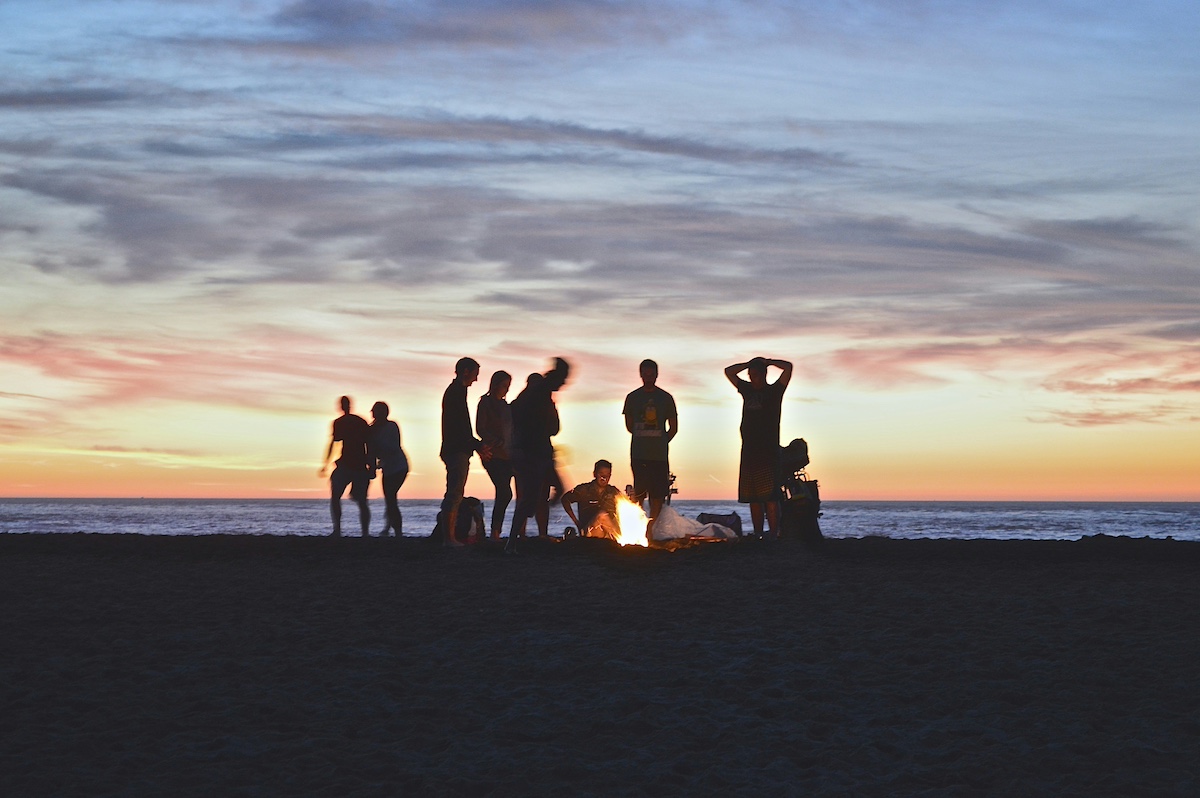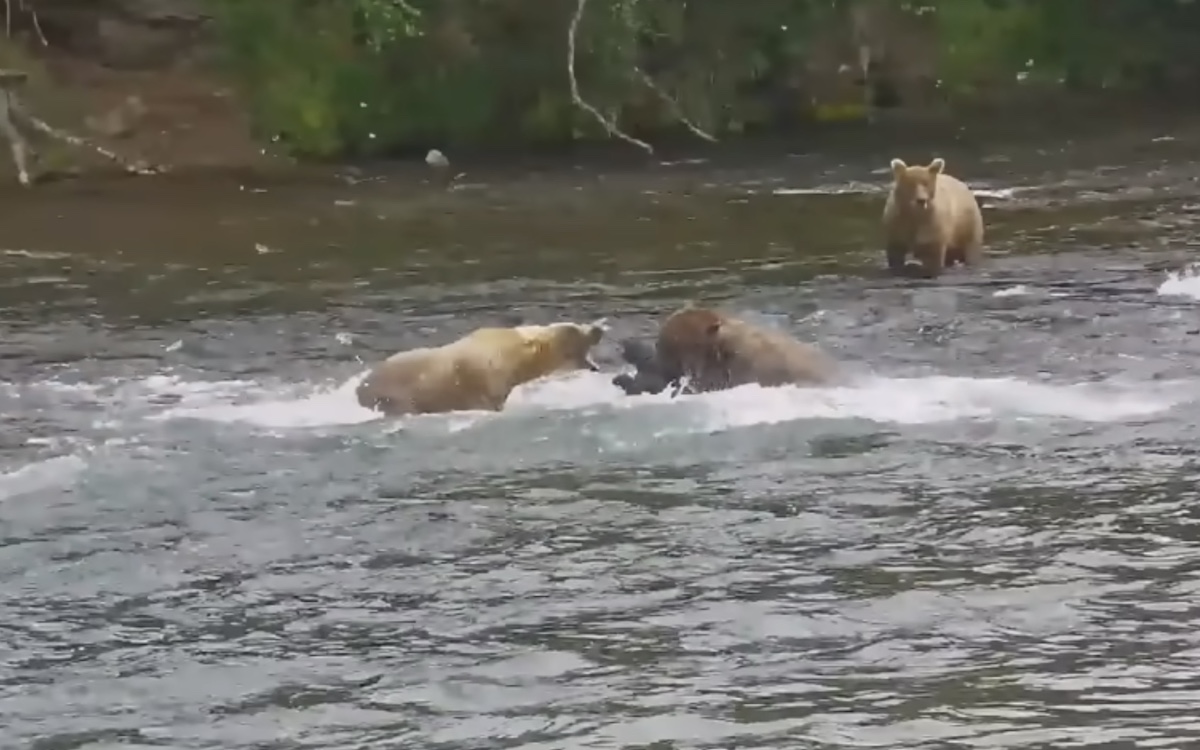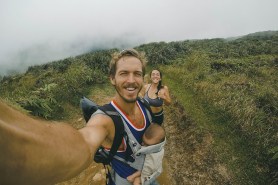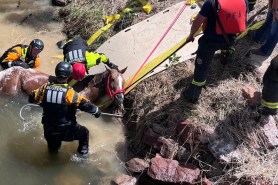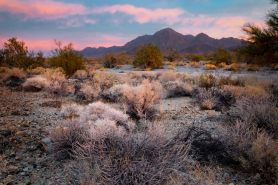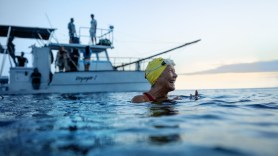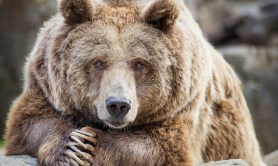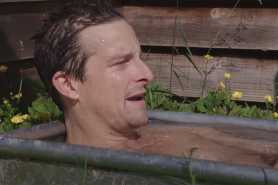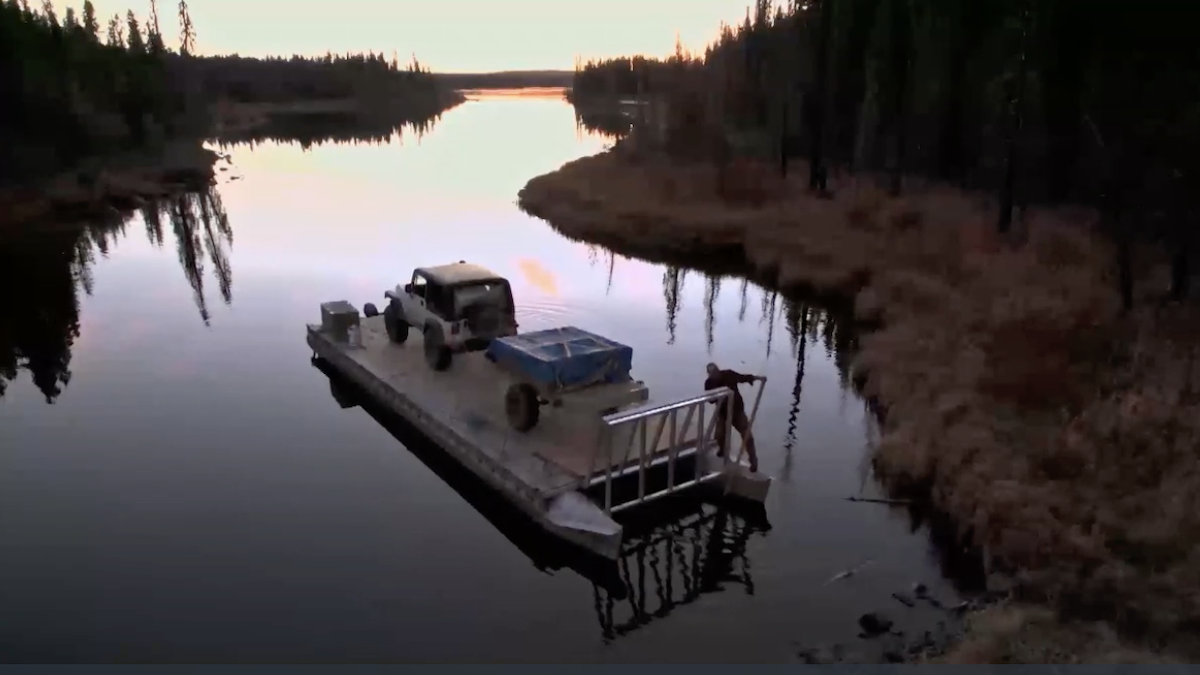

In the season 12 premiere, the Mountain Men prepare for the winter season that’s undoubtedly going to be cold and unforgiving. In the first episode, “Unbreakable,” we watch the grizzled outdoorsmen maintain their gear, harvest their game, and transport their goods because they won’t have a chance to do it later.
Videos by Outdoors with Bear Grylls
Jake Herak
The show opens with Jake Herak in the Tobacco Mountains of Montana as stalks deer in the hay fields with a bow and arrow. He needs to harvest enough meat to last a season because he and his wife are trying to save money. In the past year, they got married and started building a house, but construction materials have been increasing in price.
Herak spots some deer and hides behind a bale of hay. He aims and shoots an arrow, but he misses and spends the rest of the episode trying to find more deer. While he eventually kills one, it’s night time and it takes him hours to find it. “Luckily, I was able to put some meat in the freezer and that’s what it’s all about,” Herak said.
Paul Antczak
Living out in the remote Salish Mountains is Paul Antczak. He adopted Montana as his home about six years ago and although he’s living his dream, he feels unsettled because he doesn’t yet own his own land. By spring, he hopes to change that.
He demonstrates how he’s been making a living. He earns part of his income by selling predator bait — ground-up mice in a jar. “All predators like mice,” he said, and added the bait works best when it smells the worst, so he lets it rot in the sun.
He also makes money in fur trapping, a sport he started when he was 10 years old in Wisconsin. But there’s still more he can learn. Antczak gets a surprise visit from Mountain Men veteran Tom Oar, who shows Antczak a few tricks of the trade to trap pine marten like nailing a little beaver meat to the trap and burning some fur.
Ray Livingston
At Kettle Range in northeast Washington, the mountains are already blanketed in three feet of snow and newcomer Ray Livingston is stalking elk. Although he grew up in a city and traveled the world with the U.S.A. track team, he developed a love for the outdoors through friends.
Livingston stalks some elk and hopes to bag one before nightfall, but it’s difficult. He describes elk as very wise, especially under pressure, and explains that he was not the only one looking for them.
“Out here, we have a lot of competition,” he says and lists off a number of predators. The most dangerous, though, are wolves, which have a growing population in the area.
Just before the sunset, he bags an elk, removes the entrails, and moves the meat away from where it died. He left the insides because they’ll attract predators and leave him safer for the night as he sets up camp for the night with the rest of the animal’s remains.
Eustace Conway
Out east, in the Blue Ridge Mountain, seasoned mountain man Eustace Conway wakes up in the pre-dawn hours to catch some “fresh deer meat.”
“I don’t want to go to the grocery store. That’s really not what I do. My grocery store is out in the forest,” Conway says, adding he wanted fresh, high-quality food.
Although it takes him most of the day, he finally bags a deer — “a gorgeous eight-pointer” — and explains that he makes use of every part of the deer.
“When you go out and get it yourself and know how to process it and when you know how to manage the meat, that’s freedom,” he says.
Aron and Jen Toland
Aron and Jen Toland left the city six years ago for a life in a remote part of British Columbia. At the Ilgachuz Range, they live and make a living running a five-acre lodge. However, they traded the city grind with the homestead grind, which is a different kind of grind.
“We love living out here,” Jen says. “There’s no way we’re going back.”
Aron’s task for the day is transporting a season’s worth of goods with his truck and trailer across a 20-mile road full of trees, rocks, creeks, and mud. “This is how life is out here. Obstacles come and obstacles go,” Aron says as he grabs a chainsaw to cut a fallen tree blocking the road.
During his drive, he averages three miles per hour, but he makes it to the edge of Eliguk Lake. From there, though, he has to transport everything by boat, which is another challenge altogether.
Fortunately, Aron and Jen get their barge out and transport the truck and trailer across the river. Except for a few rocks and some shallow water, they make it to the lodge with a little bit of elbow grease and a two-by-four.
“Where there’s a will, there’s a way,” Aron says. “Even if you have to get wet.”
Watch all-new episodes of Mountain Men on the History Channel on Thursday nights at 8/7 p.m. central.
